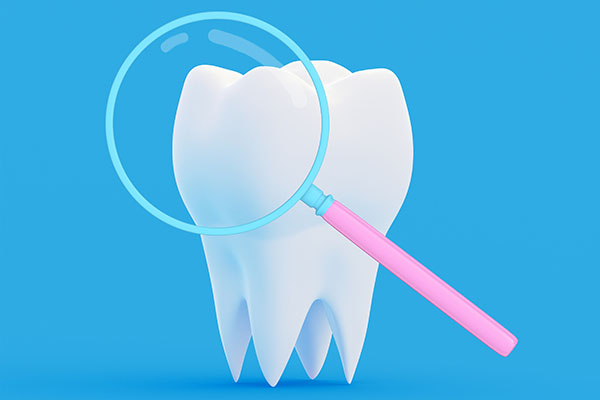 If you are unsure if dental bonding is right for you, then you can learn more about treatment during a consultation visit. This review discusses three questions you should consider asking your dentist about dental bonding to find out whether or not treatment matches your specific needs, goals, and treatment preferences.
If you are unsure if dental bonding is right for you, then you can learn more about treatment during a consultation visit. This review discusses three questions you should consider asking your dentist about dental bonding to find out whether or not treatment matches your specific needs, goals, and treatment preferences.
Questions to ask a dentist about dental bonding
You may have additional questions you would like to ask relating to your specific treatment goals and preferences. However, asking your dentist about the ideal candidate for dental bonding, the benefits and drawbacks of treatment, and how to protect your smile long-term after treatment is a great place to stay in determining if treatment is appropriate.
Who is the ideal candidate for dental bonding treatment?
There is a range of reasons why a dentist may recommend dental bonding. Subsequently, there are many patients that make good candidates for dental bonding treatment. Some of the more common reasons a licensed dentist may recommend dental bonding treatment are to address the following concerns:
- Teeth chips
- Cracked teeth
- Worn-down enamel
- Dental decay
- Gaps between teeth
- Teeth stains
- Short teeth
Dental bonding can be used for oral health or cosmetic reasons. It is seen in general as a more affordable solution to dental veneers. For treating issues such as teeth stains, dental bonding is more appropriate for moderate to severe teeth stains, whereas professional teeth whitening can typically treat mild stains in a more cost-effective manner.
What are the pros and cons of dental bonding treatment?
It is helpful to discuss the benefits and possible drawbacks of dental bonding with a licensed dentist and compare them with alternative treatment solutions that may also be available treatment options. The most notable advantages of dental bonding treatment are:
- A cost-effective solution
- Personalized treatment
- Aesthetically-pleasing materials
- Can treat a range of concerns
- Easy to care for at home
Perhaps the most notable potential drawback to dental bonding is that it does not last as long as some other restorative treatment solutions such as dental crowns or dental veneers. They can also stain easier than dental veneers as well.
What can I do to protect my teeth after dental bonding treatment?
Since dental bonding is more vulnerable to stains and not quite as durable as certain alternative restorations, it is important to exercise good oral hygiene and smart dietary choices daily. This should include brushing two or three times per day, flossing regularly, and limiting the consumption of foods and drinks that can cause stains or damage teeth and gums, such as those high in sugar.
Are you interested in restoring your smile with dental bonding?
If you would like to discuss dental bonding with a licensed dentist or feel as if treatment is right for you and you want to begin the process, then consult with our dental practice for a consultation visit. We take genuine pride in helping those within our community improve their smile and oral health with dental bonding and other restorative dentistry procedures.
Request an appointment or call Johns Creek Dentistry at 770-623-1427 for an appointment in our Johns Creek office.
Recent Posts
Different restorative dental procedures like dental bonding are available to help people achieve a safe and appealing smile. Dental bonding is a highly efficient and relatively simple dental procedure. The process uses unique composite resins to enhance the appearance of a person's smile, and the dentist can complete the procedure in only one appointment.Dental bonding,…
Licensed dentists often recommend dental bonding to repair minor to moderate concerns with front visible teeth because the bonding material has many similarities with natural teeth. Dental bonding can protect the deeper layers of teeth, withstand the daily pressures teeth receive, and match the ideal shade of teeth.It is beneficial to understand how dental bonding…
Dental bonding is a great way to address oral health and cosmetic issues like damaged enamel and chipped or cracked teeth. Read on to learn more about dental bonding. Dental bonding is minimally invasive and considered safe for patients.Every patient should evaluate all available types of restorative dentistry to address their specific oral health concerns…


